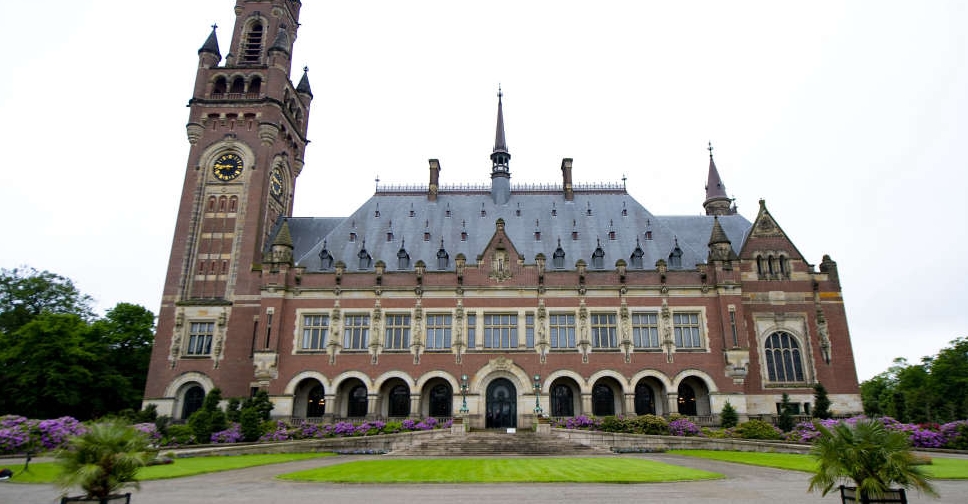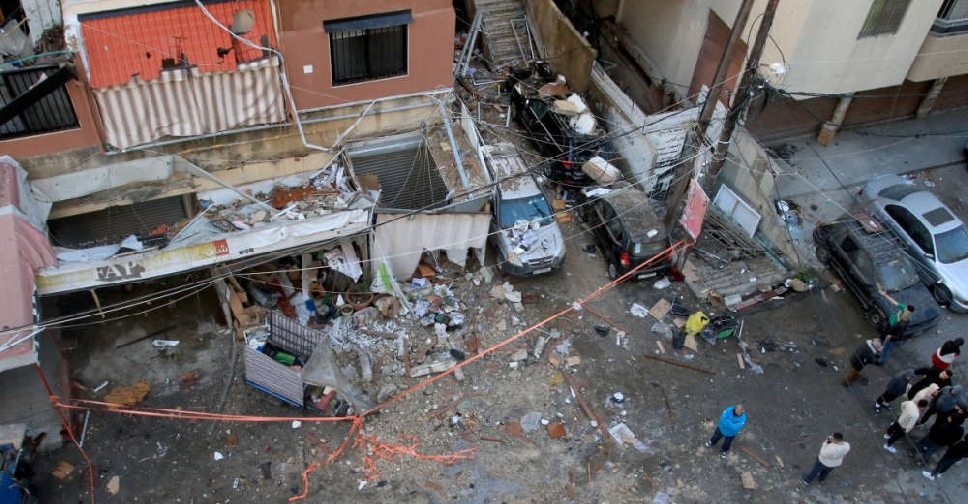
Over the next two weeks, the International Court of Justice (ICJ) in The Hague will host a groundbreaking climate change case, with 98 countries and 12 organizations testifying on the legal obligations of nations to address the growing crisis of climate change.
The case, initiated by Vanuatu, a Pacific island nation increasingly threatened by the impacts of sea level rise, will address the responsibility of UN member states to protect vulnerable countries and future generations from the effects of climate change.
Vanuatu, which has been vocal in its efforts to raise global awareness about the dangers posed by climate change, argues that the international community must take stronger action to protect the human rights of its citizens and others in similarly vulnerable regions. The nation’s survival is increasingly at risk due to rising sea levels and extreme weather events, which threaten its people’s homes, livelihoods, and fundamental rights.
The ICJ will focus on whether UN member states are legally obligated to protect other nations from the impacts of climate change and what the legal consequences of failing to act might be.
This case could set important precedents regarding the responsibility of industrialised nations, which have historically contributed most to greenhouse gas emissions, to mitigate climate change and assist those most affected.
This major legal proceeding is part of the process leading toward the court issuing an advisory opinion, which is expected to clarify the legal responsibilities of states under international law regarding climate change.
While the hearings are set to conclude in the coming days, the ICJ's advisory opinion is not expected until after the summer of 2025 at the earliest.
The outcome of this case could have significant implications for international climate policy, particularly for small island states like Vanuatu that are on the frontlines of climate change.
As the world watches, the ICJ’s decision may help define the legal framework for climate action in the decades to come.



 Trump fires National Security Agency director
Trump fires National Security Agency director
 Israel steps up Syria strikes, says Turkey aims for 'protectorate'
Israel steps up Syria strikes, says Turkey aims for 'protectorate'
 US sending Israel 20,000 assault rifles that Biden delayed
US sending Israel 20,000 assault rifles that Biden delayed
 Israel says it killed a Hamas commander in Lebanon
Israel says it killed a Hamas commander in Lebanon



